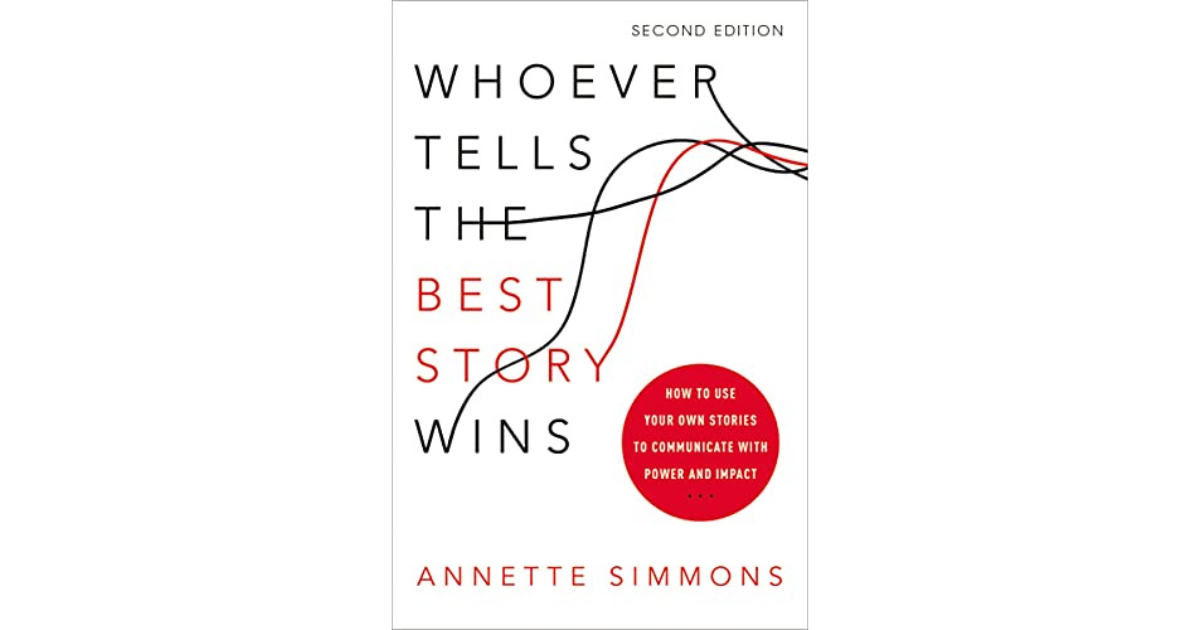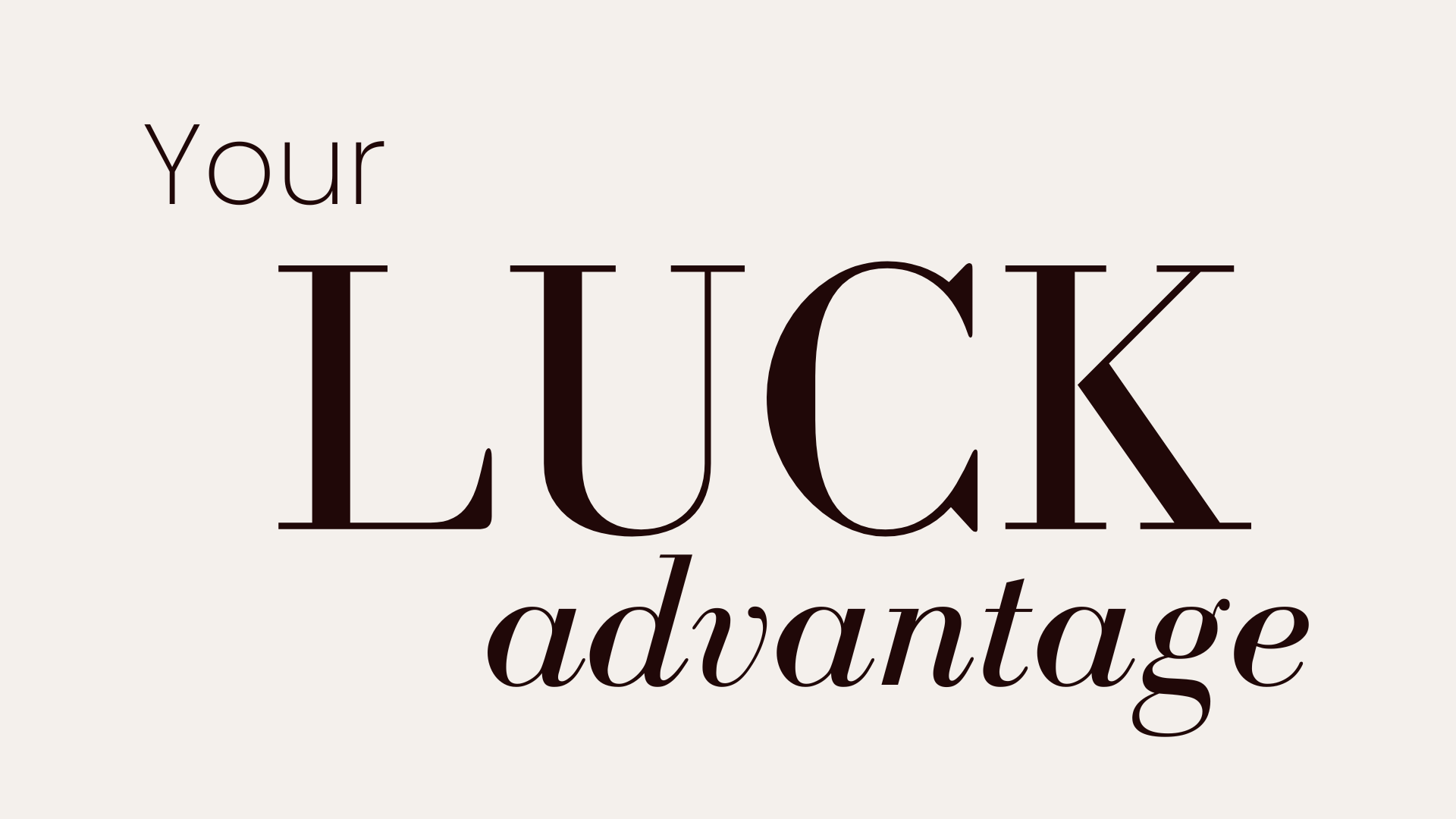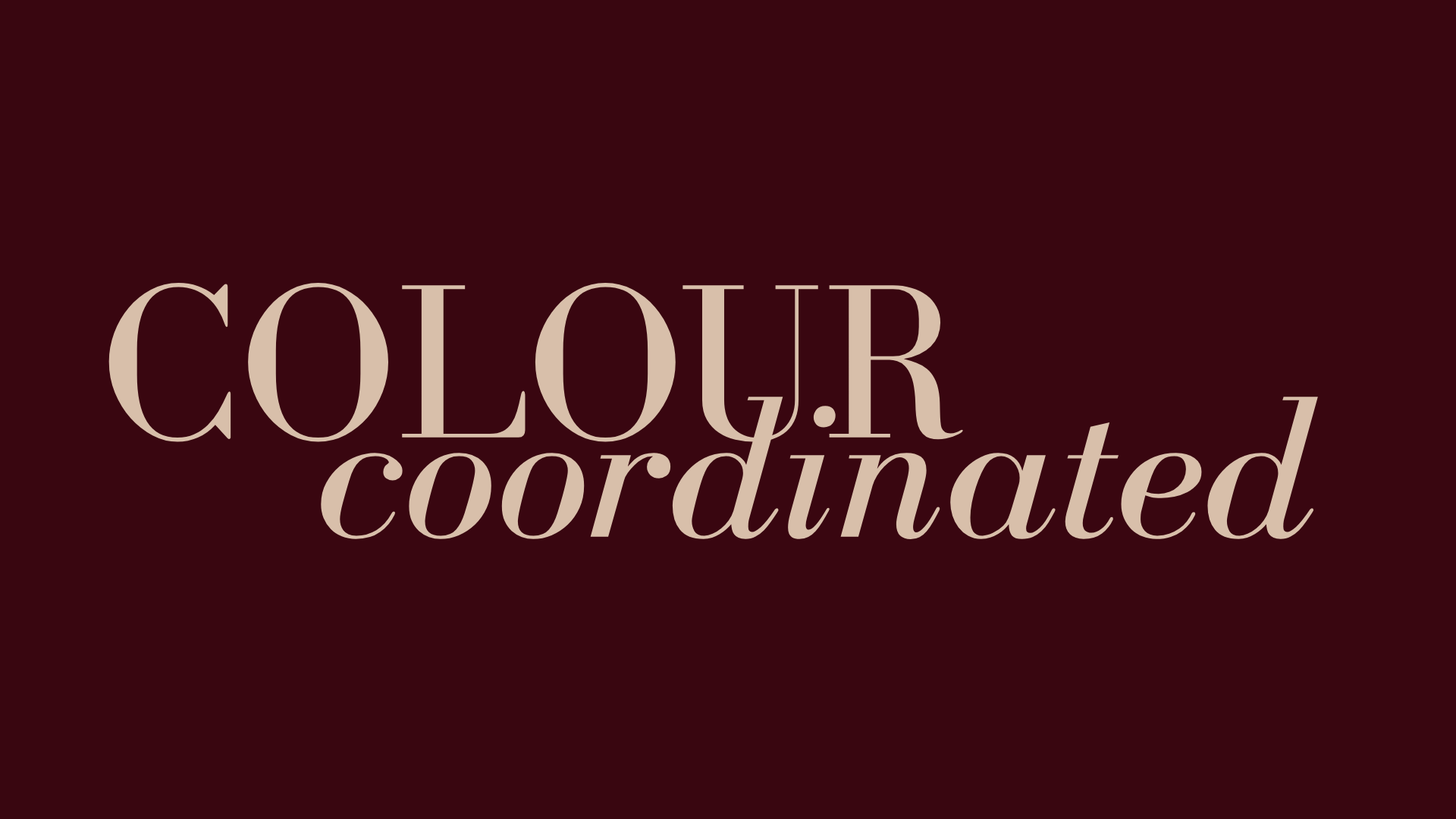Storytelling that Sells: Formulas and Frameworks that Convert and Capture Attention
Storytelling in business, branding and personal branding transforms facts into memorable, noteworthy narratives. You don’t need to reinvent the storytelling wheel. Learn frameworks to inspire, persuade and guide your audience toward action and lasting impact.
It was only a few years ago that I was painfully trying to convince executives (including those with a marketing background) that storytelling sells. As they first tried to move to cancel my team’s campaign strategies and push a strictly sales pitch approach, I remember how disheartening this backward view of marketing and sales was. I remember also feeling empathy for those who didn’t understand the power of storytelling - even in industries long underpinned by it.
Fortunately, a few years on, almost everyone now understands the significance of storytelling in business, which is backed by science. Research shows that a fact is 20 times more likely to be remembered when it’s shared with a story. Neuroscience also reveals that stories light up more areas of our brain - making them more engaging than any average sales pitch.
But here’s the challenge for today’s leaders, professionals and business owners: it’s one thing to know storytelling sells in business, branding and personal branding - it’s another to know how to actually start telling stories with impact. A simple “spray and pray” approach to your storytelling won’t sell your product, service or big idea. A standout storytelling structure will.
The good news is that humans have been mastering storytelling for thousands of years. So when it comes to preparing your next webpage, pitch or presentation, you don’t have to reinvent the wheel. There are tried and tested storytelling formulas ready to work their storyteller magic on your sales skills.
After 15 years in marketing, communications and branding, and after reading hundreds of books on business, branding, and storytelling, I’ve narrowed my top book recommendations in storytelling down to three game-changers. These make the art of storytelling so simple, there’s no excuse not to start mastering it. Each one offers a proven, practical framework you can use to persuade, lead and inspire.
1. Building a Story Brand by Donald Miller
Donald Miller’s 7-part Storytelling framework is a masterclass in storytelling for business. It’s storytelling specially designed for branding. But the formula is so brilliantly adaptable, it’s equally as empowering for planning your next presentation, pitch or simply an important email.
Branding master Donald Miller’s StoryBrand framework in Building a Story Brand outlines:
A character (your audience is the hero, not you)
Has a problem
They meet a Guide (this is you or your brand). With 1) empathy and 2) authority
Who gives them a plan
And calls them to action
That helps avoid failure
And ends in success
The Story Brand storytelling framework honours the real hero. Your customers or audience - a hero on a mission. And as business, branding and personal branding does best, it positions you, the Guide, in service to your people.
2. Whoever Tells the Best Story Wins by Annette Simmons
In Whoever Tells the Best Story Wins, storytelling expert Annette Simmons presents a bank of ideas for the types of stories to tell. From your blog to your presentation, tell stories that are compelling and convert your audience from tuning out to paying attention. With a clear purpose in mind, here are 6 stories Simmons shares:
Who-I-am stories: Build trust
Why-I-am here stories: Explain what qualifies you
Teaching stories: Demonstrate how new behaviours change results
Vision stories: Reframe present difficulties as ‘worth it’
Value-in-Action stories: Demonstrate what the value means
I-know-what-you-are-thinking-stories: Build trust by sharing secret suspicions and dispelling objections
For authenticity-in-action, Simmons also recommends these 4 story types:
A time you shined: Communicates integrity, compassion or learning
A time you blew it: Shares vulnerability to build trust
A mentor: Expresses gratitude and humility, and likely highlights your own values
A book, movie or current event: Those involved have done the hard work for you. Explain what it means to you and connect its relevance
3. The Best Story Wins by Matthew Luhn
In Matthew Luhn’s 20-year career at Pixar, he worked on the studio’s biggest blockbusters and under storytelling genius Steve Jobs.
Luhn’s book, The Best Story Wins, pulls back the curtain for a behind-the-scenes look at storytelling that steals our hearts.
Luhn reveals a clear storytelling structure, which he teaches to top businesses. His six-stage formula includes:
Exposition
Inciting incident
Progressive complication
Crisis
Climax
Resolution
If this seems intimidating, Luhn shares the ‘story spine’ to help creativity flow. Start by completing these sentences:
Once upon a time…(exposition)
And every day….(exposition)
And because of that…(inciting incident)
And because of that…(progressive complication)
And because of that…(progressive complication)
Until finally…(crisis and climax)
And since that day…(resolution)
Like a movie that creates tension and keeps us on the edge of our seats, tell stories that speak to your hero’s journey and lead them to their happily ever after.
Tell stories so irresistible they can’t ignore you
Don't keep throwing out facts, features and figures around in your sales pages, pitches and presentations, hoping something sticks. Master the art of storytelling that sells.
Share stories with intention and shift from pushing products to inspiring others through understanding their story. Use the art of storytelling to go from delivering information to sparking transformation. Be the guide your audience trusts to lead them to their desired state.







